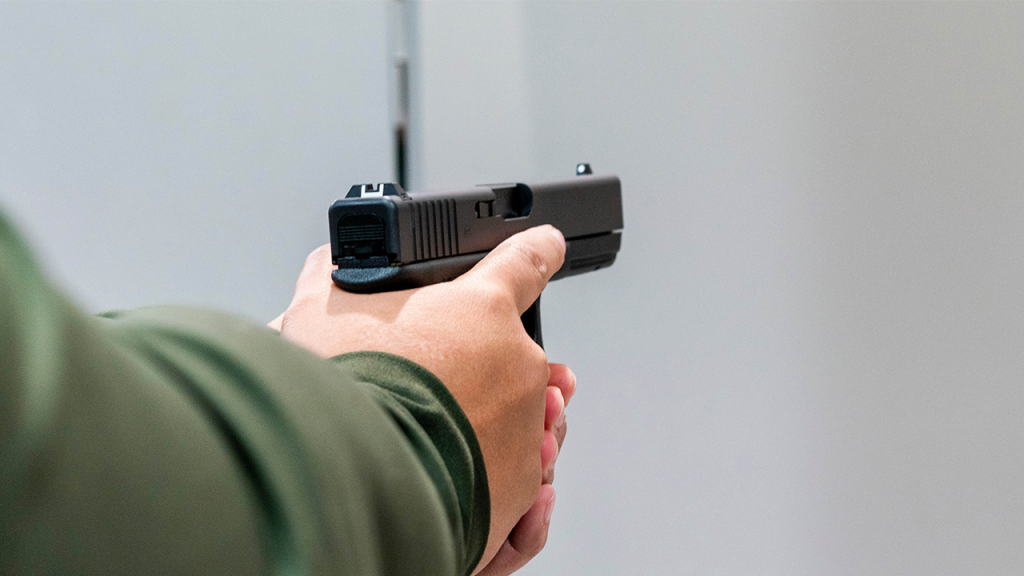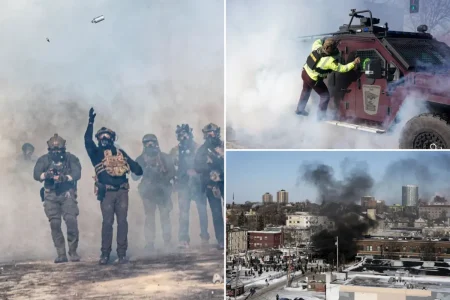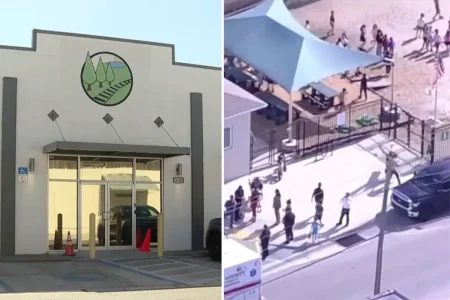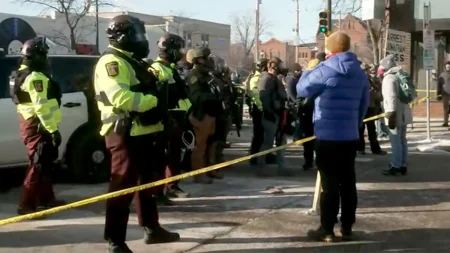Savannah’s Gun Ordinance Struck Down in Individual Case, City Plans to Continue Enforcement
In a significant ruling affecting gun ownership rights in Georgia, a Chatham County judge recently invalidated Savannah’s controversial gun ordinance in a specific case, declaring it both unconstitutional and in violation of state law. The ordinance, which penalizes residents who leave firearms in unlocked vehicles with fines up to $1,000 and potential jail time of 30 days, was struck down when Judge Brian Joseph Huffman Jr. dismissed the case against Clayton Papp, who had been cited under the regulation in August 2024. Despite the ruling, Savannah’s Democratic Mayor Van Johnson has indicated that the city intends to continue enforcing the measure, highlighting what he describes as its effectiveness in reducing gun thefts from vehicles – a drop from over 200 reported incidents in 2023 to approximately 100 this year.
The judge’s decision reveals the tension between local public safety initiatives and broader constitutional rights. “Concerns over firearms stolen from vehicles and later used in violent crime are in fact concerning,” Judge Huffman acknowledged in his ruling, “Good intentions, however, do not immunize legislation from constitutional scrutiny.” His ruling found two significant legal problems with the ordinance: it violates Georgia state law prohibiting local governments from regulating “the possession, ownership, transport, (or) carrying” of firearms, and it “burdens conduct covered by the plain text of the Second Amendment.” This decision was welcomed by Georgia’s Republican Attorney General Chris Carr, who celebrated it as “a major victory for law-abiding gun owners, who shouldn’t be punished for the actions of criminals & thieves.”
The legal implications of the ruling remain somewhat limited, however, as it likely applies only to Papp’s specific case rather than broadly invalidating the ordinance for all Savannah residents. Anthony Michael Kreis, a law professor at Georgia State University, clarified that because the challenge arose within a criminal defense rather than through a broader injunction lawsuit, “the city could continue to enforce the ordinance and leave it to individual defendants to raise this question again as a defense.” This technical distinction explains why Mayor Johnson feels empowered to continue enforcing what he sees as an important public safety measure, even after the judge declared it “void and unenforceable” in Papp’s case.
The Savannah gun ordinance was originally adopted with unanimous support from the city council, who positioned it as a practical approach to reducing gun violence by addressing a common source of illegal firearms. The regulation doesn’t prohibit gun ownership or carrying rights, but instead targets what the council viewed as irresponsible storage practices that enable criminals to easily access weapons. Mayor Johnson has consistently framed the measure as a balanced approach that respects Second Amendment rights while promoting responsible gun ownership. “We’ve had this in existence now for quite some time,” Johnson told reporters after the ruling, pointing to the statistical reduction in gun thefts as evidence of the ordinance’s value to the community.
This case highlights the ongoing tensions in Georgia between local governments attempting to address gun violence through municipal regulations and state lawmakers who have consistently expanded gun rights. The state has passed numerous laws making it easier to own and carry firearms, limiting local authorities’ ability to create their own restrictions. A previous attempt to challenge Savannah’s ordinance through a separate lawsuit was dismissed last year because the plaintiff lacked standing, as he was not a Savannah resident and had not been cited under the ordinance. This legal back-and-forth reflects the complex landscape of gun regulations in Georgia, where state preemption laws frequently conflict with local governments’ desires to address specific community safety concerns.
The situation in Savannah mirrors similar debates occurring nationwide, as communities struggle to balance Second Amendment protections with public safety concerns. Legal experts note that gun ordinances like Savannah’s often face challenging legal paths forward when they appear to conflict with state preemption laws or constitutional protections. While Mayor Johnson and the city council remain committed to their approach, citing real-world reductions in stolen firearms, the legal foundation for their ordinance has been significantly undermined by Judge Huffman’s ruling. For now, Savannah residents face uncertainty about whether they might still be cited under an ordinance that at least one judge has declared invalid, while the broader questions about local authority to regulate firearms storage continue to work their way through Georgia’s legal system.








